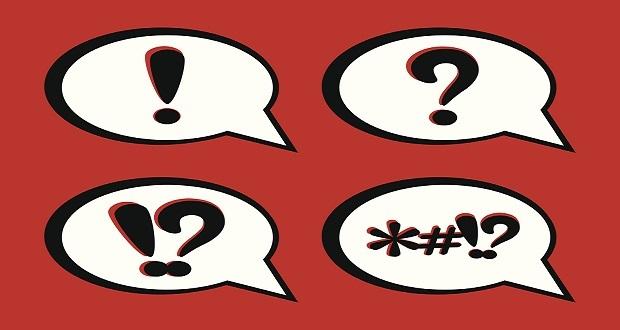
by Joe Gerstandt
Empathy seems to have gotten a bit of a bad rap recently. I am not sure why this is happening, empathy is a pretty powerful thing in my experience. It’s often framed as one of those touchy-feely kind of things, but empathy is simply the accurate understanding of another person’s perspective. If you want to collaborate with other people, if you want to lead, govern, educate, serve or care for other people, having some understanding of their perspective is fairly important.
We are good at knowing what our point of view is (and how awesome it is), and we are good at knowing when someone disagrees with our awesome point of view. We are not quite so good at understanding why they disagree with us.
The value of bringing a diversity of perspectives and experiences together around a problem or a decision is not just that it gives us more options to choose from (though that has value) — it actually gives us the opportunity to create new options; it also gives us the opportunity to recombine and synthesize — to create new options out of those that are already in place.
If I decide to paint my office and all I have on hand is a can of yellow paint, then I have to use yellow paint. But if you stop by and drop off a can of blue paint, now I can choose between yellow or blue, AND I can mix yellow and blue to create green. 1+1=3 and now we are cooking with gas! This kind of creative collaboration is a powerful thing to unleash in the workplace.
Powerful stuff.
I think that when it comes to sharing our perspectives and ideas we generally struggle to go bigger and better than simply picking “the best one.” We struggle to explore the messy middle where your idea is informed by my idea and then is flipped on its head by another idea and something completely new emerges.
The ability to do this requires some empathy. We have to work toward understanding where the person with a different perspective is coming from. Do I understand why they have the perspective that they do?
The next time that you are in a disagreement with someone, try this: Try to take the third chair perspective.
Ask yourself if you can step back from the conversation and explain both points of view clearly and coherently. If you cannot do that, then you probably do not yet fully understand that other person’s point of view. You still have some listening to do, some questions to ask.
Be good to each other.


















